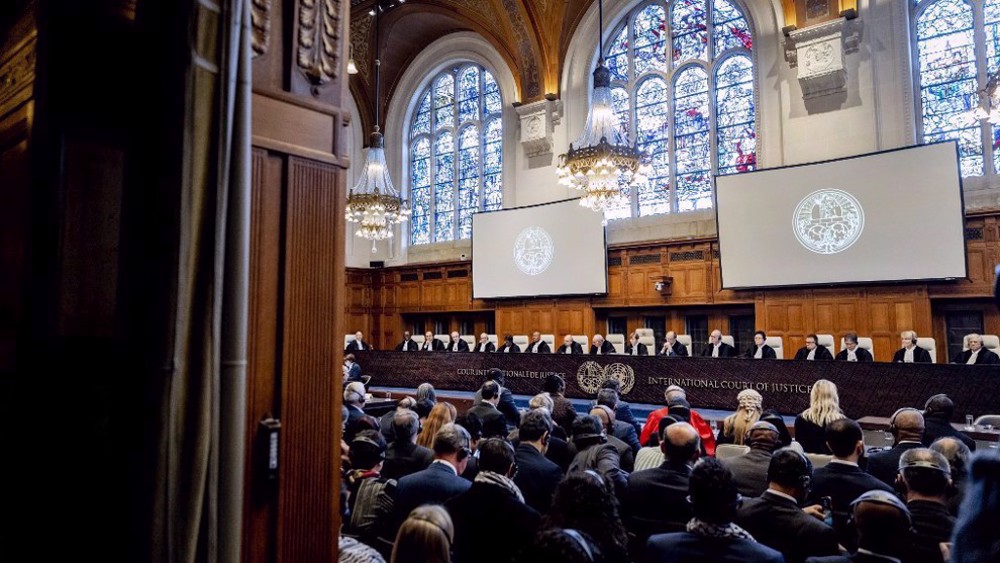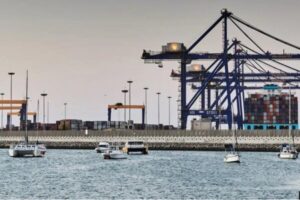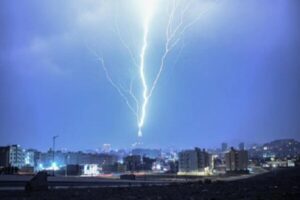The International Court of Justice (ICJ) is holding historic hearings into Israel’s occupation of the Palestinian territories since 1967.
The week-long sessions are expected to hear evidence given by 52 countries.
Representatives of the United States, Russia, and China will address judges at the Peace Palace in The Hague, the seat of ICJ.
On Monday, the UN’s highest court heard evidence from a number of states and three organizations on the legal consequences of Israel’s occupation of the West Bank, Gaza and East al-Quds.
In June 1967, Israel also seized the Golan Heights from Syria.
The UN sees the occupation of the Palestinian and Syrian territories as illegal.
A team of lawyers argued that Israel must be made to bear the consequences of its illegal conduct rather than reap the benefits.
“After 75 years, justice can no longer wait for the day Israel has an epiphany and suddenly decides to reverse course and commit to the law and UN resolutions.”
“Our journey in the search for justice has brought us before you, before the International Court of Justice,” they said.
The judicial team demanded “an immediate, complete and unconditional end” to the occupation of the territories Israel has seized. The lawyers believe the regime is covering its “colonial designs” by occupying the territories.
Palestinian Foreign Minister Riyad al-Maliki told the UN’s top court on Monday, “The Palestinians have endured colonialism and apartheid.”
“Justice delayed is justice denied and the Palestinian people have been denied justice for far too long.”
The Palestinian official called for an end “to the double standards that have kept our people captive for far too long.”
In December 2022, the UN General Assembly asked the ICJ for a non-binding “advisory opinion” on the “legal consequences arising from the policies and practices of Israel in the occupied Palestinian territory, including East Jerusalem.”
The Israeli regime has been under mounting international pressure over its savage campaign in the besieged Gaza Strip since early October.
The ICJ hearings are separate from a high-profile case brought by South Africa, according to which Israel is committing genocidal activities in Gaza.
The ICJ ruled in the South Africa case in January that Israel must do everything in its power to prevent genocide and allow humanitarian aid into Gaza.
But the regime remains reluctant to abide by the ICJ ruling, and has had its bloody campaign going, thanks in large part to the unqualified military and diplomatic support the United States provides to Israel.




